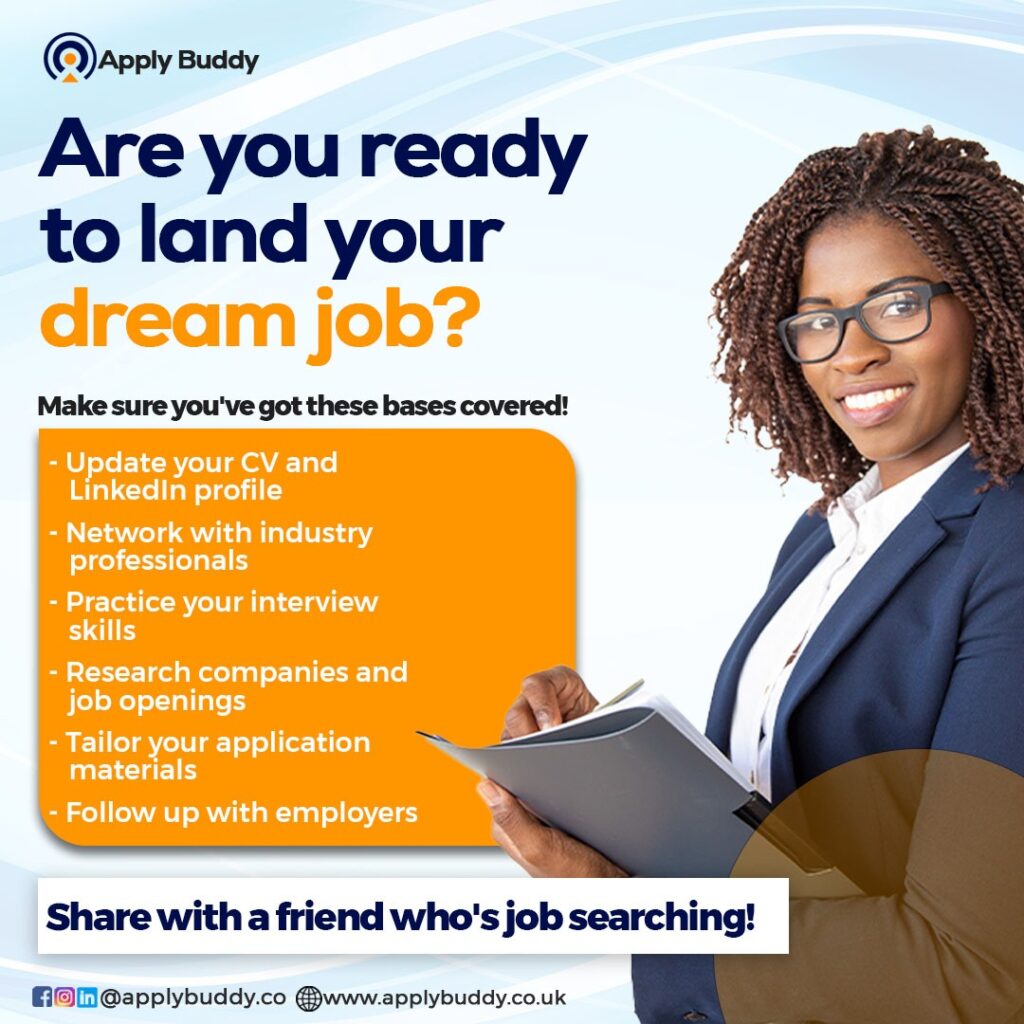“Tell me about a time you failed.”!Sound familiar, Right? Let’s be honest: interviews can sometimes feel like trying to find your way around a minefield of tricky questions, but here’s the good news: you can ace even the toughest ones. The secret? Knowing how to answer 7 difficult interview questions with confidence, clarity, and purpose.
The truth is, these questions aren’t designed to trip you up—they’re opportunities to showcase your skills, resilience, and problem-solving abilities. By understanding the “why” behind each question and preparing thoughtful, concise answers, you can turn potential stumbling blocks into moments that wow your interviewer.
Whether it’s tackling behavioral questions or responding to curveballs about your weaknesses, a solid strategy can make all the difference.
So, grab a notepad, get ready to take some notes, and let’s look into how you can master these challenging questions like a pro!
Also Read: How to Overcome Interview Anxiety and Project Confidence

Understand the Purpose Behind the Question
Think about it: tough questions aren’t random. They’re designed to test your problem-solving skills, resilience, and self-awareness.
But why do interviewers ask difficult questions? The truth is, these queries help them understand how you think under pressure and whether you’re the right fit for their team.
Here’s an example: When they ask, “What’s your biggest failure?” they’re not looking for a sob story. Instead, they want to see how you turned a tough situation into a learning opportunity.
The bottom line? Instead of dreading these questions, start seeing them as your chance to tell a compelling story about your growth and strengths.
Practice Your Responses
Let me guess: you’ve thought, “I’ll just wing it; how hard can it be?”
Well, not really. Winged answers often lead to awkward silences or oversharing.
The best way to prepare? Practice, practice, practice. Use mock interviews, write down your answers, or rehearse with a friend. For example, if the question is about handling conflict, prepare a clear story with a beginning, middle, and resolution.
Want to know the best part? Practicing doesn’t just help with confidence—it also ensures your answers are polished and memorable.
Keep Your Answers Concise and Focused
Ever notice how some people ramble during interviews? It’s easy to lose track when you’re nervous.
But here’s why concise answers matter: they show you can communicate effectively and respect the interviewer’s time.
For instance, when answering “Where do you see yourself in five years?” stick to a clear plan. Highlight your career goals and how they align with the company’s vision.
Quick tip: Use the STAR method (Situation, Task, Action, Result) to structure your responses. And you’re good to go!
Common Difficult Interview Questions and How to Answer Them
Let’s face it: interviews can be nerve-wracking, especially when the interviewer asks those curveball questions. But here’s the deal—being prepared is half the battle. Knowing how to answer tough questions confidently can set you apart from other candidates. So, let’s break down some of the most common difficult interview questions and how YOU can ace them.
Also Read: How To Find A Job After Being Laid Off
“Tell Me About Yourself
This one might seem simple, but here’s the kicker: it’s often a test of how well you can summarize your professional background and relate it to the job.
Here’s how you can approach it:
Focus on your professional background, key skills, and how they align with the role. Think of it as your elevator pitch.
For example:
“I’ve spent the past five years developing expertise in business analysis, with experience in market research, competitor analysis, and data-driven decision-making. In my current role at [Your Company], I’ve led multiple projects that improved operational workflows by leveraging customer insights. I’m excited to bring this expertise to your team and help support your company’s goals.”
The bottom line? Keep it concise, relevant, and engaging.
“What Are Your Weaknesses?”
You may be wondering: How can I talk about weaknesses without making myself look bad?
Here’s the deal: choose a genuine weakness, but emphasize what you’re actively doing to overcome it.
Quick tip: Avoid mentioning weaknesses that are critical to the role.
For example:
“One area I’ve been working on is public speaking. While I’ve always been comfortable in smaller team settings, presenting to larger groups used to make me nervous. To improve, I’ve taken a few courses and practiced delivering presentations to boost my confidence. This has really helped me step out of my comfort zone and communicate effectively.”
But wait—showing self-awareness and a willingness to grow will impress interviewers.
“Why Did You Leave Your Last Job?”
This can feel like a tricky question because you don’t want to sound negative. But here’s the deal: honesty is key, but always keep your answer positive.
Interviewers aren’t just looking for the truth; they want to know if you’re proactive about growth opportunities and eager to embrace change.
You could say something like:
“I learned a lot at [Previous Company], but I felt I had maximised my learning there. I was eager to pursue new challenges that align with my long-term career goals, and I believe this role offers that opportunity.”
See how this keeps it positive and focused on growth? That’s the way to go.
“Where Do You See Yourself in 5 Years?”
This question isn’t just about ambition—it’s about aligning your personal goals with the company’s vision.
Here’s the deal: avoid vague responses like “I want to be rich” or “I don’t know.” Instead, demonstrate ambition while showing that you’re committed to the role and organisation’s success.
For instance:
“In five years, I see myself taking on a leadership role where I can leverage my experience in [your area of expertise] to lead innovative projects, contribute to team growth, and support the company’s vision for expansion.”
The bottom line? Show you’ve put thought into your career path, and emphasize teamwork and contribution.
“Tell Me About a Time You Failed”
This is How To Answer 7 Difficult Interview Questions one interview question gets everyone sweating. But here’s the kicker: interviewers are less interested in the failure itself and more interested in how you handled it and what you learned.
Here’s how to answer effectively:
- Share a specific, brief example of a failure.
- Focus on what you learned and the action you took to improve.
For example:
“In my previous role, I was responsible for a deadline-driven project. I misjudged the time it would take to analyze a critical data set, and it caused delays in the final submission. I owned my mistake, communicated the issue to my team, and implemented a new timeline strategy to ensure deadlines would always be met moving forward. This experience taught me the value of time management and proactive communication.”.

“Why Should We Hire You?”
Ah, yes, the classic question. But you may be wondering: How do I answer this without sounding like every other applicant?
Here’s the deal: this is your opportunity to highlight your unique strengths and explain the value you bring to the company.
Here’s how to structure it:
- Talk about your most relevant skills and experiences.
- Mention how those strengths align with the company’s needs.
- Add enthusiasm about joining their team.
For example:
“You should hire me because I bring a proven track record of success in [your area of expertise], with experience in improving [specific achievements or skills related to the role]. I’m passionate about problem-solving and collaboration, and I’m excited about the opportunity to contribute to your team’s continued success.”
Simple, focused, and confident—just like that.
“What Is Your Greatest Accomplishment?”
This question is all about showing your value and impact. But here’s the kicker: choose an achievement that aligns with the role you’re applying for.
Here’s the deal: Avoid generic answers. Instead, pick a specific example that demonstrates a skill or quality the employer values.
For instance:
“One of my proudest accomplishments was [specific achievement]. This achievement not only allowed me to [result or outcome], but it also showcased my ability to [key skill or learning]. I believe this demonstrates the kind of value I can bring to your team.”
The bottom line? Focus on achievements that tie into the company’s goals and your skillset.
Also Read: How To Handle Salary Expectations Questions
Tips for Handling Any Tough Interview Question
Tips for Handling Any Tough Interview Question
Difficult interview questions can shake anyone’s confidence, but with the right strategies, you can manage them with poise and professionalism. If you’re wondering how to answer 7 difficult interview questions effectively, here are proven tips to help you navigate tough questions and leave a lasting impression.
Stay Calm and Take Your Time
One of the most common mistakes in interviews is rushing to answer tough questions under pressure.
Here’s how you can handle this:
- Pause for a moment before answering. Taking a few seconds to think allows you to craft a clear and thoughtful response.
- Breathe deeply to calm nerves. Interview stress can cloud judgment, but steady breathing helps clear your mind.
- Remember: interviewers appreciate thoughtful answers over rushed ones.
Be Honest but Tactful
Interviewers value transparency, but there’s an art to being honest without being overly negative or unprofessional.
Here’s how to balance honesty and tact:
- Acknowledge mistakes or challenges if necessary, but keep the tone positive.
- Focus on how you’ve learned or grown from experiences rather than dwelling on failures.
- Avoid speaking negatively about past employers or colleagues.
For example:
Instead of saying, “I didn’t like my manager,” try “I learned a lot about flexibility and adaptability during challenging team dynamics.”

Use the STAR Method
The STAR Method is a structured response strategy that makes it easier to answer behavioral questions confidently and clearly. STAR stands for:
- Situation: Briefly describe the context.
- Task: Explain your role or responsibility.
- Action: Share the action you took to address the situation.
- Result: Conclude with the outcome and what you learned.
Using this method ensures your response is clear, concise, and highlights your skills and problem-solving abilities.
Example using STAR for “Tell me about a time you had a challenge”:
- S: “In my previous role as a Sales Manager, I faced a situation where my team’s KPIs were falling behind.”
- T: “My task was to realign the team’s focus and implement new strategies to boost performance.”
- A: “I introduced weekly goal-setting meetings and implemented a mentorship program to build confidence and teamwork.”
- R: “This approach resulted in a 20% increase in KPIs within three months, and the team felt more motivated and supported.”

Get Started With Appply Buddy!
We’ve been talking about handling tough interview questions, but here’s the deal—preparation doesn’t start in the interview room; it starts way before.
That’s where we at ApplyBuddy can make all the difference. We specialise in crafting standout CVs, cover letters, and LinkedIn profiles to help you get noticed by employers.
Plus, our job application services ensure you’re always one step ahead in landing interviews. Pair our expertise with the tips in this blog, and you’ll be ready to impress from start to finish.
Want to ace your next interview? Start your journey with ApplyBuddy today—it’s the boost your career needs!
Conclusion
Tough interview questions can feel intimidating, but preparation and confidence are your best tools. By staying calm, being honest, and using strategies like the STAR method, you can effectively answer any difficult question that comes your way.
With the right mindset, these questions become opportunities to demonstrate your adaptability, problem-solving, and confidence. Knowing how to answer 7 difficult interview questions allows you to turn pressure into performance, showing the interviewer that you can handle challenges with grace and clarity.
When you approach each question with preparation and focus, you not only address concerns but also position yourself as a strong, capable, and driven candidate ready to excel in the role.
FAQs for How To Answer 7 Difficult Interview Questions
1. How can I prepare for difficult questions in interviews without sounding rehearsed? The key is to practice your responses naturally. Review common questions, prepare a few key points for each, and focus on the story or experience you’ll share rather than memorizing word-for-word answers.
2. How do I prepare for a tough interview question about my career gaps? Acknowledge the gap honestly and focus on the proactive steps you took during that period (e.g., professional development, personal growth, or volunteer work). Reassure the interviewer that you are eager, focused, and ready to return to the workforce.
3. What should I do if I don’t know how to answer a difficult interview question? Stay calm and take a moment to think. If needed, ask the interviewer for clarification or context. Honesty is always the best policy—admit that you don’t have the answer but express your willingness to learn and research.
